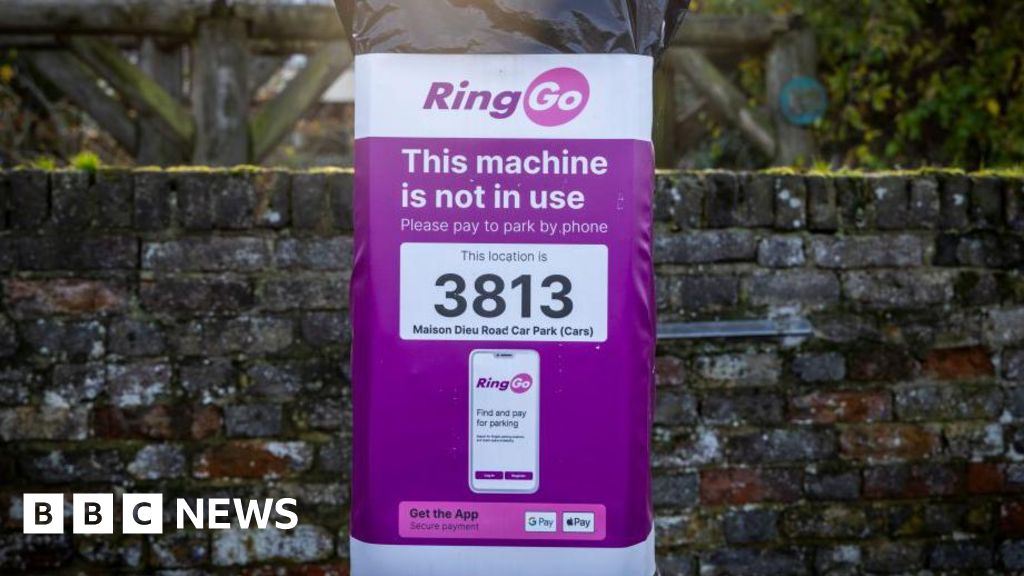ARTICLE AD BOX
image source, Getty Images
Artificial intelligence (AI) cannot be the inventor of new patents, the UK Court of Appeal has ruled.
Patents assign the ownership of a new invention to its creator.
At its core, the argument is about whether a law written for human inventors can be applied to machines.
The appeal court ruled against Stephen Thaler, creator of a system called Dabus, who took a case against the UK's Intellectual Property Office (IPO) which refused patents to his AI.
It is the latest such judgement in a long-running battle to grant machines the status of inventor.
Earlier this month, Mr Thaler lost a similar case in the United States - although he has won elsewhere.
Mr Thaler filed two patent applications in 2018, one for a type of food container and one for a flashing light. But he did not list himself as the inventor.
Instead, he chose to list Dabus, arguing that he should be granted the patent, "by ownership of the creativity machine" - while making clear that Dabus, not he, was the inventor.
The IPO told Mr Thaler he needed to list a real person as the inventor - something he did not do, and the IPO decided that the application had been withdrawn.
Mr Thaler took the case to the High Court - where he lost - and onward to the Court of Appeal.
Machine rights
The UK panel decided, by a two-to-one majority, that an inventor must be a real human person under UK law.
"Only a person can have rights. A machine cannot," wrote Lady Justice Elisabeth Laing in her judgement. "A patent is a statutory right and it can only be granted to a person."
Lord Justice Arnold, agreeing, wrote: "In my judgement it is clear that, upon a systematic interpretation of the 1977 Act, only a person can be an 'inventor'."
The third judge, Lord Justice Birss, took a different view. While he agreed that "machines are not persons", he concluded that the law did not demand a person be named as the inventor at all.
"The fact that no inventor, properly so-called, can be identified simply means that there is no name which the [IPO] has to mention on the patent as the inventor," he wrote.
Instead, the IPO "is is not obliged to name anyone (or anything)."
He also signalled that the patent case could have been made simpler if only Mr Thaler "was not such an obsessive".
If "instead of calling Dabus the inventor, he named himself... then none of these problems would arise," he wrote.
But since Lord Justice Arnold and Lady Justice Elisabeth Laing had the majority, the appeal was dismissed.
Global battle
Mr Thaler filed similar applications - and has followed up with legal challenges - in several countries, as part of a bid to gain patent rights for AI.
Some academics believe that the law around invention is outdated, and should be changed.
The movement has seen mixed success.
But the United States, arguably one of the most significant markets to secure patents in, agrees with the UK judges that only "natural persons" can be inventors.
Earlier this month, US District Judge Leonie M Brinkema upheld that ruling, writing: "As technology evolves, there may come a time when artificial intelligence reaches a level of sophistication such that it might satisfy accepted meanings of inventorship.
"But that time has not yet arrived, and, if it does, it will be up to Congress to decide how, if at all, it wants to expand the scope of patent law".

 3 years ago
86
3 years ago
86








 English (US) ·
English (US) ·